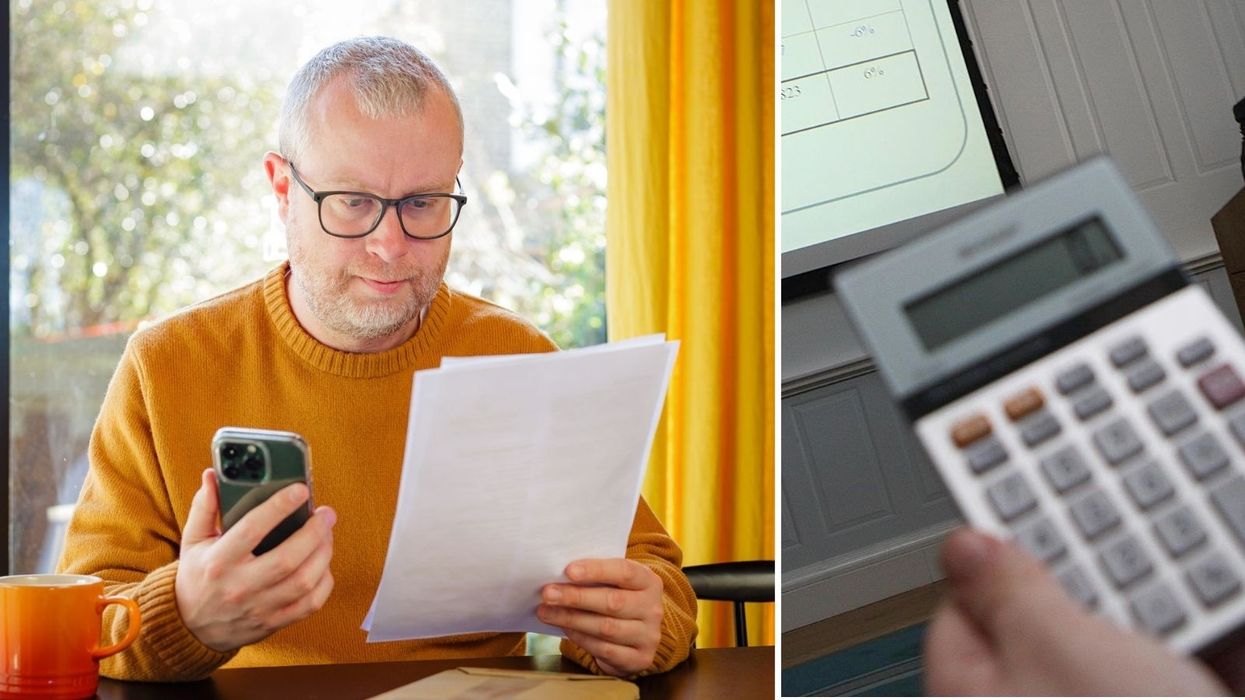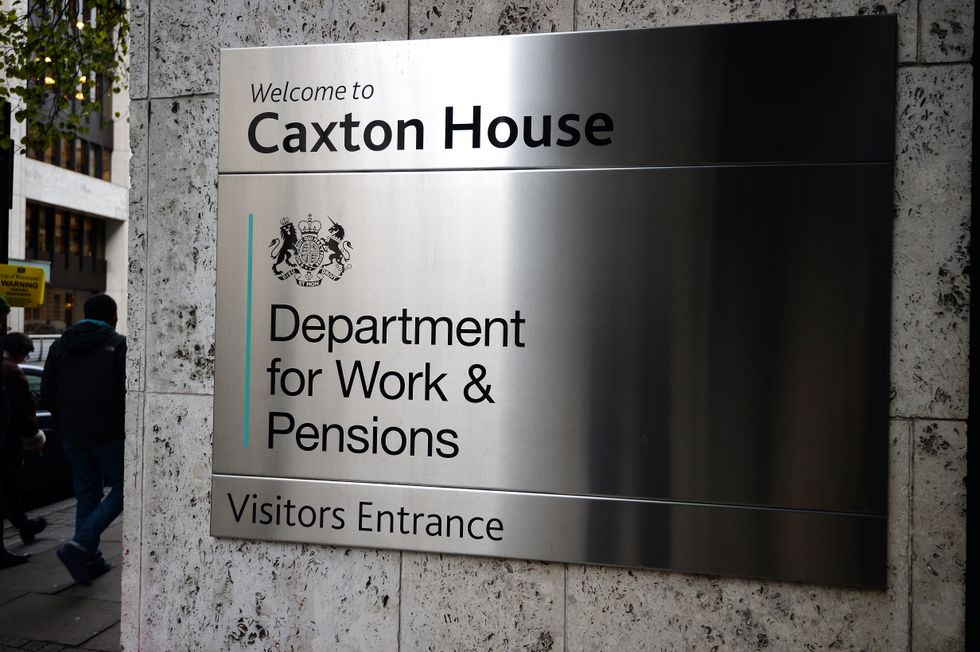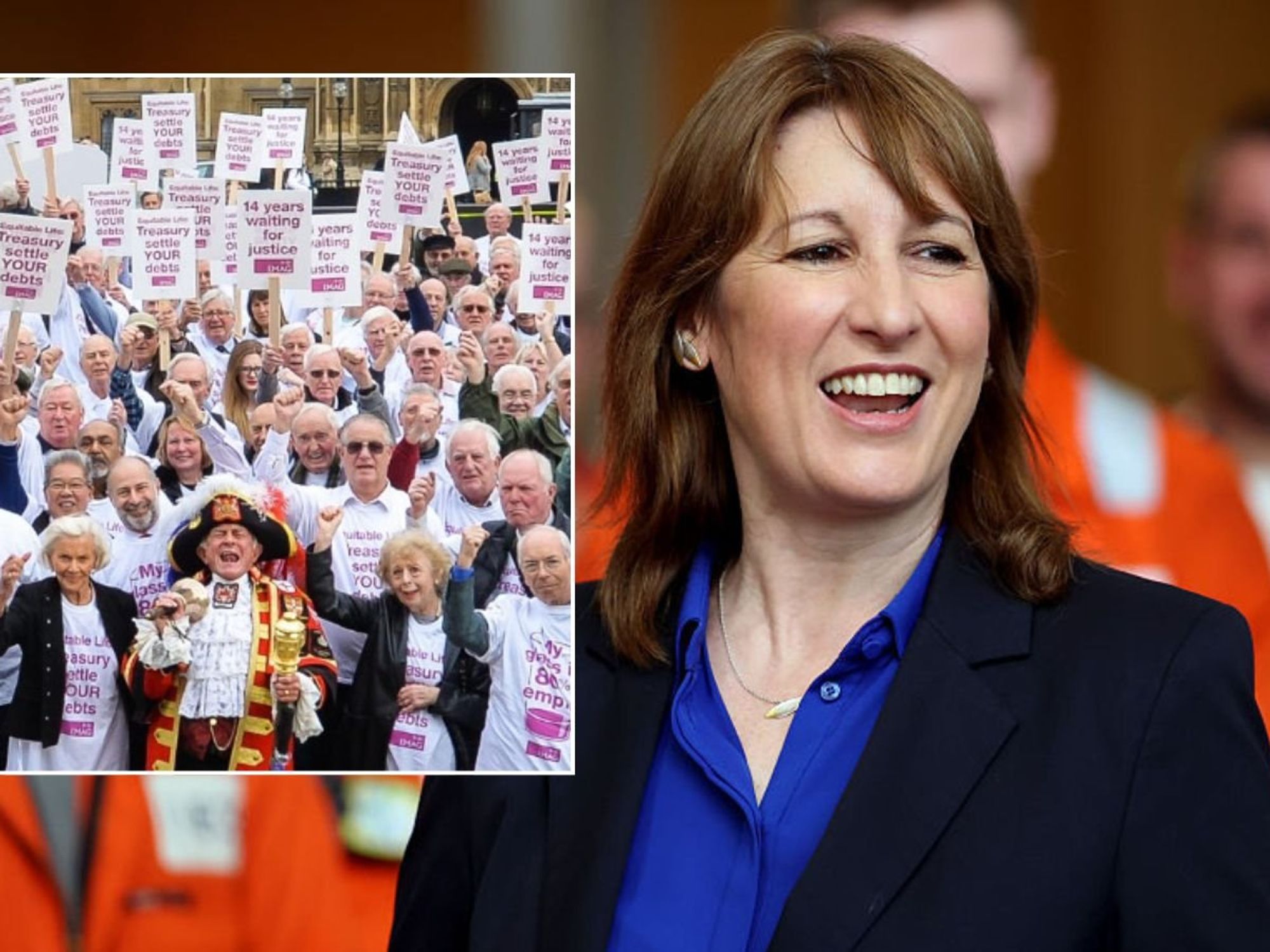State pension set for huge increase next year – how to check how much you could get

Thousands of pensioners are receiving less than £100 each week on their state pension
|GETTY/PA

Thousands of pensioners are receiving less than £100 each week on their state pension because they failed to plan ahead, and check their National Insurance records
Don't Miss
Most Read
Pensioners are on track to receive a £460 annual boost as the state pension could rise by four percent in April 2025, but many still face low payments due to contribution gaps.
This news of the triple lock boost comes as the Government faces criticism over its decision to cut the Winter Fuel Payment for most pensioners. Now more than ever, Britons are urged to check how much state pension they are set to receive to ensure they get as much as possible.
The state pension is set to increase by £460 per year from April 2024, according to the latest official wages data.
This rise is due to the government's "triple lock" guarantee, which ensures the state pension increases annually by the highest of 2.5 per cent, inflation, or average earnings.
In April 2025, the wage data is expected to make the full new state pension worth £230.05 a week and £176.30 a week for the full, old basic state pension, external. However how much someone receives depends on their National Insurance record.
Currently, the full rate of the new state pension is £221.20 per week, or £11,502.40 per year, and the full rate of the old basic state pension is £169.50 per week, or £8,814 per year. But thousands of pensioners are receiving so much less.

Currently, the full rate of the new state pension is £221.20 per week
| PARecent analysis by Royal London has revealed despite the upcoming increase, around 150,000 older people currently receive less than £100 per week in state pension. Alarmingly, 17,546 pensioners receive less than £20 weekly, with 5,677 getting under £10.
These low payments often result from gaps in National Insurance contributions. Reasons for the gap can include periods of low earnings, unemployment without claiming benefits, or working abroad.
Now more than ever, it is crucial for Britons to check their state pension forecast so they can be informed of how much they will receive in retirement.
By planning ahead in this way, individuals can effectively plan for a comfortable retirement with their desired lifestyle.
What is a state pension forecast?
A state pension forecast provides information on when people can claim the state pension and if there are any gaps in their National Insurance record. This can be done online via the government website.
To government tool will help people to find out:
- how much state pension they could get
- when they can get it
- how to increase it, if they can
Sarah Pennells, consumer finance specialist at Royal London, said: "One of the main reasons why people miss out on the full state pension is because they have gaps in their National Insurance record, but they may not realise this until it's too late to do anything about it."
To qualify for any state pension at all, individuals need at least 10 years of National Insurance contributions, with 35 years required for the full amount.
Those reaching state pension age before April 2016 fall under the basic state pension system, and they need 30 qualifying years for the full amount.
If someone has gaps in their record, they can consider making voluntary contributions to fill gaps. The deadline for topping up National Insurance contributions for tax years between April 2006 and April 2018 is April 5, 2025
How to claim state pension
To claim the state pension, everyone must actively apply for it. The Department for Work and Pensions (DWP) will send Britons a letter about two months before they reach state pension age, explaining the process.
If someone hasn't received this letter but are within three months of their state pension age, they can still make a claim online.
They will need details such as their most recent marriage or divorce date, any time spent living or working abroad, and their bank account information.
The date someone gets their state pension depends on the last two digits of their National Insurance number:
- 00 to 19 - Monday
- 20 to 39 - Tuesday
- 40 to 59 - Wednesday
- 60 to 79 - Thursday
- 80 to 99 - Friday










